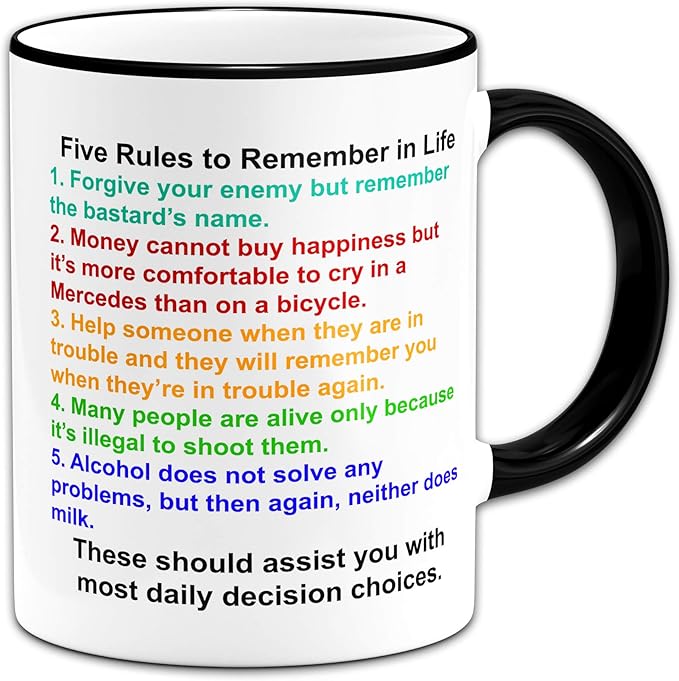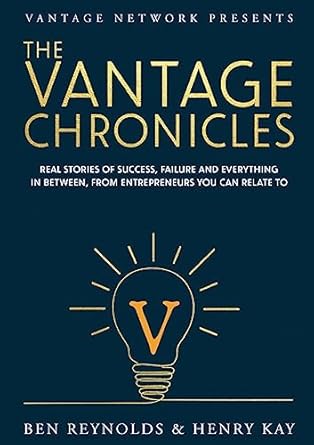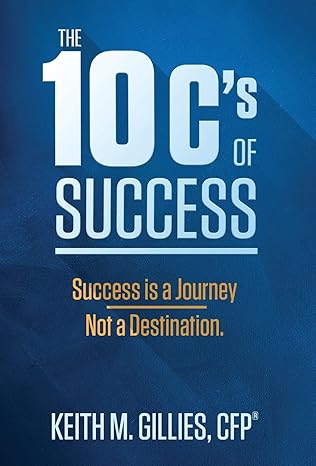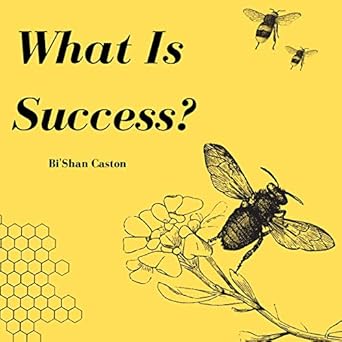SuccessDrive
What is success? Well, everyone sees success in a different way.
Ever wondered why some people who seem to have it all just aren't happy? That's possibly because while YOU might think they're successful, they don't.
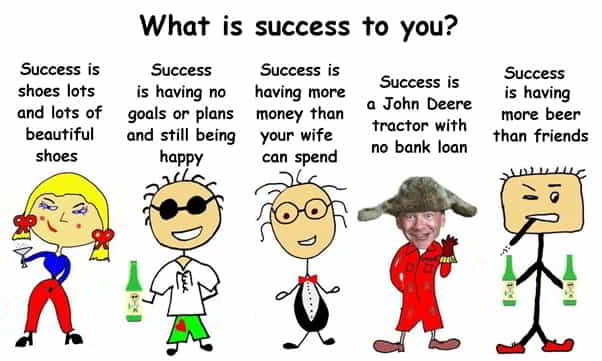
Here are some initial thoughts about success. GO!
Here are some facts and stats about success. GO!
What is success- it’s different for different people. See some options. GO!
See what Richard Branson has said about success. GO!
See how visualising your goals can help them happen. GO!
See how important setting your goals is in becoming successful. GO!
See what can make us succeed or fail in achieving our objectives. GO!
See 11 tips that can help you become successful. GO!
See some things that can make us fail. GO!
Seewhat Einstein thought about success. GO!
If you’re a visitor to our site you can join and download information, assess your own health and create your own action plans, and even contribute to our site. GO!
See what next steps you can take. GO!
We have some additional information and stuff on this subject. GO!
Some Initial Thoughts About Success

Success can be defined as the accomplishment of an aim or purpose. Being successful means the achievement of desired visions and planned goals. Furthermore, success can be a certain social status that describes a prosperous person that could also have gained fame for its favorable outcome. The dictionary describes success as the following: “attaining wealth, prosperity and/or fame”
What does success mean to you? In SuccessDrive we give many different views of what success is, to many different people. .
If you live to 110 without serious ailment, have raised children who are healthy and happy individuals, and your community has benefitted from your presence, is that success?
Facts About Success
from the Social Mobility survey
1,000 TIMES is how often Colonel Sanders’ ‘Secret Recipe’ was rejected before it was added to a restaurant menu
10% POPULATION feel their lives were a success. (Medium.com)
50% PEOPLE believe that where you end up in life is determined by your background and parents
$1,000 NOTE if Bill Gates dropped one it wouldn’t be worth picking it up, as he would have made more money in the time it took!

So what is success?
When you Google images of success it shows images of people climbing mountains, sportspeople punching the air, business leaders showing growth. Is this really true? If you don’t excel at sport or you’re not a striving business person then the success club is not for you? In reality Mr/Mrs/Ms Average aren’t top flight business people or might hate sport. But does that make them unsuccessful if they achieve their own personal goals in life?.
Life isn’t like this at all. Try saying to the person who at 55, surrounded by gold and wealth, is dying of cancer, that they were successful. They would reply: “No I’m not. I’m 55 and should live to 90”. They add: “I’ve strived all my life, made family sacrifices to build a business, neglected myself, my body and my friends but I have surrounded myself with short-term materialism to satisfy my ego. Now that I reflect I would give up my wealth to live”.
So is success about being wealthy, owning masses of property, employing people, living in a sunny climate, been able to buy designer clothes and jewellery, fast cars, privately educated children etc?

OR is it living a happy healthy lifestyle, living in a moderate house, happy and contented children, contributing to your community, comfortable living etc?. Well, the reality is success is variable and depends who you talk to.
Definition of success in life [Oxford Dictionary]:
the fact that you have achieved something that you want and have been trying to do or get; the fact of becoming rich or famous or of getting a high social position.
But is this what we are led to believe is success, or is It the first paragraph in this section, which makes no reference to fame, wealth or social status?
Let’s look at it in scientific terms: we are born, have one life (with no dress rehearsal), we grow, we become an adult, we have children, we live, we get old, we die. Simple. This wonderful planet we live on is beautiful but do we really appreciate it? Whilst on our own personal crusade do we ever give anything back? Rushing forward to our deathbed and looking back, do we think: “Wow was that a ball, can I have another go!” Or do we think: “I could have done more for others, for the environment, given something back, made a difference to other people or animals”?
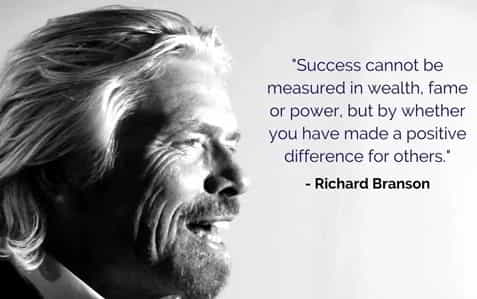
Richard Branson said:
Too many people measure how successful they are by how much money they make or the people that they associate with,” he wrote on LinkedIn. “In my opinion, true success should be measured by how happy you are."
83% of the population does not have goals
14% have a plan in mind, but unwritten goals
3% have goals written down
[BiggerPockets.com]

Visualizing your goals happening is even better
For example, here are three famous people who harnessed the power of visualization:
Boxing legend Muhammad Ali was always stressing the importance of seeing himself victorious long before the actual fight.
As a struggling young actor, Jim Carrey used to picture himself being the greatest actor in the world. He even wrote a check out to himself for 10 million dollars when he was not popular, and dated it for many years in the future. Memo line: for acting services. During an interview many years later, he shared how it actually came true!.
Former professional basketball player Michael Jordan always took the last shot in his mind before he ever took one in real life.
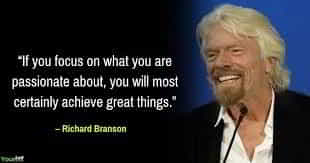
Goals are a journey not a destination.
To be a success in whatever you do you need to have a roadmap of how to get there. Once you have identified that roadmap you need to add what will stop you achieving your goals.:
• According to the University of Scranton, a whopping 92% of people who set New Year’s goals never actually achieve them
• People who very vividly describe or picture their goals are anywhere from 1.2 to 1.4 times more likely to successfully accomplish them.
• Most people claim to understand the importance of goal setting in order to attain a better life, but in fact approximately 80% of people never set goals for themselves.
• Even more surprising, of the 20% of the population that does set goals, roughly 70% fail to achieve the goals they have set for themselves.
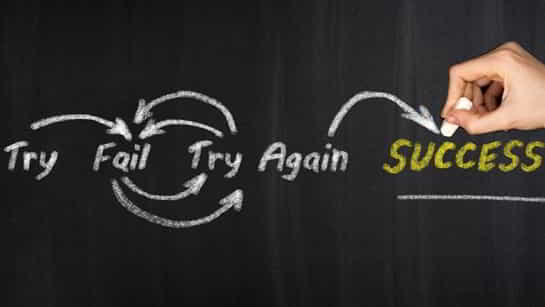
What makes us succeed or fail?
The first question is: if imagery and words connected to success revolve around business and sport, but most people don’t fit into those categories, how can they perceive themselves as successful? Most forms of success come from a person doing something different, changing something in their life, focusing on a specific thing or area. Success often does not happen overnight and requires dedication, commitment and determination to succeed..
So, in a nutshell, is it a human trait to be successful? Well statistics prove it’s not, with 92% failing to achieve simple new year’s resolutions, and 83% failing to set goals or ambitions. Only 12% of people achieve their long-term goals.
It is fair to say there are three types of people in life:
People who make things happen
People who watch things happen
People who wonder what happened
Some may say it’s background, culture, upbringing, social environment that determine which type you are.
EXAMPLE
A lady who had little education and came from a middle class background, struggled at school. When she left school, she worked in several low paid jobs.
One day she decided to start making hats and quickly started selling them on a market stall. She got married and got pregnant. 3 children later she felt she needed to achieve something in life.
Whilst still raising children she went to college and studied to be a nurse. After qualifying she commenced her nursing career. She also helped and specialised in elderly care, and became a local councillor. She wanted to raise awareness about elderly care across her county. She worked tirelessly to raise awareness of poor standards of care in elderly homes. She raised her family, worked hard and created a comfortable lifestyle.
She bought a caravan and a piece of land in which she built a pond and garden and cultivated a few trees. She loved to sit on an evening and weekend with a glass of wine and contemplate her life.
When she passed away with great grandchildren around her she said she felt she had had a blessed life. Raised a family in difficult times, she cried, she laughed, it was not always easy but overall she was happy. She left elderly care in people’s minds and created a little piece of her soul with the land she bought. Was she a success? She sure was!!!!

Guaranteed success tips
Here are 11 things specifically that 86% percent of us do not do but really should:.
Studies show that 20 minutes of sleep in the afternoon provides more rest than 20 minutes more sleep in the morning (though the last two hours of morning sleep have special benefits of their own). The body seems to be designed for this, as most people’s bodies naturally become more tired in the afternoon, about 8 hours after we wake up.
If you only have 5 minutes to spare, just close your eyes; even a brief rest has the benefit of reducing stress and helping you relax a little, which can give you more energy to complete the tasks of your day. But don't confuse a brief rest with microsleep.
When someone introduces you to another person, develop a network. You never know who you will work with in the future.
Successful people are usually passionate and determined people.
Read, learn and gain knowledge, the brightest people are always learning.
In order to stay effective and energetic, health has to be a top priority. Otherwise, you will go through life with less kick each day. The best people also make no excuses for their health.
Ambiguity is difficult. When the path is not spelled out, it means that you have to make more challenging decisions. The top 1 percent of people love ambiguity. It gives them an opportunity to be creative and stand out from those around them.
If you cannot look back six months and see a drastically different person, then you are not growing fast enough. This is especially true early in life.
Goal setting is underrated. Most people do not take the time because they do not think it is a worthwhile endeavour.
then identify the things that will stop you achieving them, and make a plan to reduce their impact
It’s not just about surrounding yourself with other successful people, it’s about surrounding yourself with positivity. Can doers, as opposed to those cannot doers, cup half full people and not half empty people. Grounded people who will tell you as it is, not what you want to hear. Aspirers have an internal locus of control not an external one (see Locus of Control).
Persistence is also very underrated. It is easy to work out one time or to send a few emails. It is also easy to take on an 80-hour week once. Pushing yourself consistently, though, is an extreme challenge. It is where 99 percent of people fail.
Successful people do not spend their lives living other people’s dreams. They pursue their own passions. That gives them the energy to attack each day with all that they have. It also allows them to think more independently. After getting over the fact that you cannot please everyone and that you have to think for yourself, life becomes a lot better.
Many people blame others for their shortcomings. Doing so might have immediate benefits, but it is detrimental in the long run. Neglecting accountability prevents personal growth and, over time, it develops a bad reputation for yourself.
The best people take full responsibility for their actions. This garners more respect and allows them to grow at much faster rates.
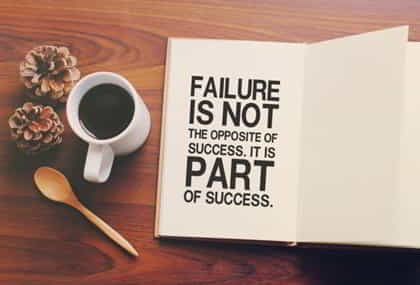
Things that can cause us to fail
Fear of success and/or failure
Some people are afraid they will fail or, even worse, that they may actually succeed.
Below we list some of the things that can cause you to fail.
Many people mistakenly believe that goal setting simply means putting a goal on paper, setting a date for completion, marking off checkpoints as they occur and then starting all over again.
Setting a goal is really about changing yourself for the long-term. Goals aren’t short-term, quick-fix things. They are fixed and immovable destinations that show the world who you want to become or what you want to achieve.
Even though some people state they want to achieve a certain goal, in truth they’re really not committed to it. Because of this lack of commitment, they don’t give the act of goal attainment their full effort. Along the journey there will be obstacles and people who get in your way. Determination means you don’t lose sight of the end game.
After setting a goal, writing down dates and setting checkpoints, some people stop. They never actually take that first step needed to progress towards their goal. But realise that if you don’t get started you can’t go anywhere. Without action, nothing happens. When we have come home from a hard day at work, we eat, we sit and watch TV or chat with friends, we get relaxed and tired and then don’t have the self-will to get up and do something.
Many people let questions and doubts paralyze them. They believe they can’t start on a goal until they have all the answers to every “what if” scenario. However, no matter how long and hard you prepare, you will never have all the answers to the questions you ask.
People often begin setting goals without a solid vision of who they want to become or what they ultimately want to achieve. They procrastinate and put off developing the vision into a passion.
While many people understand the basics of goal setting, they don’t detail the restrainers that will stop them achieving their goals. Moreover, they fail to mitigate the risk. In other words, they know what is likely to stop them achieving, but don’t take action to reduce or stop the restrainer. Have you ever chatted with someone who has failed to do something? There is a plethora of excuses why not.
Some people have too many goals and not enough focus. It’s easy to write down goals but if you have insufficient time to achieve them then everything fails. How do you eat an Elephant? One piece at a time. Build on your goals and resist going too big to start with. If you fail, get up and start again but always keep your vision or passion in mind.
Life is not easy and neither is changing your life. Talk to anyone who has made a success and they will tell you it was hard work and I got kicked or knocked down so many times but I believed in what I was doing and just didn’t give up.
Many people are simply satisfied with what they have and where they are in life. As such, they don’t explore what else is available or what greater things they could achieve. Research tells us that there are only two motivating factors that cause people to change: pain and pleasure.
And even if someone is feeling pain in a situation, that pain may not be great enough, or he or she is simultaneously receiving ample pleasure, so the person doesn’t strive for more. Change and goal attainment only happen when you’re ready to break the status quo and truly want something better in life.
So, the reality of life is: there are people who make things happen. There are those who watch things happen and occasionally venture into the “make things happen area” if the pain or pleasure is strong enough/ Then there are the couch potatoes in life who are happy and contented with their lives and don’t want to over-think things. One thing is for sure the world needs all kinds of people to make it go around.
Successful people do not spend their lives living other people’s dreams. They pursue their own passions. That gives them the energy to attack each day with all that they have. It also allows them to think more independently. After getting over the fact that you cannot please everyone and that you have to think for yourself, life becomes a lot better.
Many people blame others for their shortcomings. Doing so might have immediate benefits, but it is detrimental in the long run. Neglecting accountability prevents personal growth and, over time, it develops a bad reputation for yourself.
The best people take full responsibility for their actions. This garners more respect and allows them to grow at much faster rates.
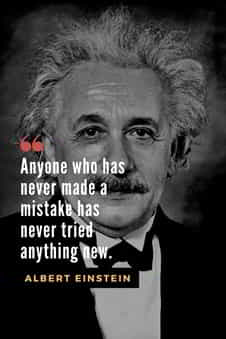
Success is different for everyone
The reality is everyone has different successes. We are on this earth once, no dress rehearhsal and no second chance. We owe it to ourselves to make the best of what life can bring us.
If success to you is owning your own home and growing vegetables and living a peaceful and stressless life then that’s a success. Equally if you get a kick out of buying materialistic things then go for it. Doing nothing at all is a waste of life.
For visitors
Why don't you join us?
You can register to join us as a member, when you’ll be able to download our stuff and comment, or as a YouDriver when you’ll also be able to check your health and set up your own action plans to make some improvements. If you’ve already registered, sign in below. Or let us know what you think.
The Secret to Success: It's Not What You Think
Have you ever wondered what exactly it is that successful people have in common? In this motivating, heartfelt talk, Kim reveals the key to achieving success — and how any person can acquire it. Drawing upon powerful experiences from her personal and professional life, Kim Perell explains how the secret to success isn’t being the smartest or the luckiest — it’s being resilient, failing forward, and staying strong in the face of challenges.
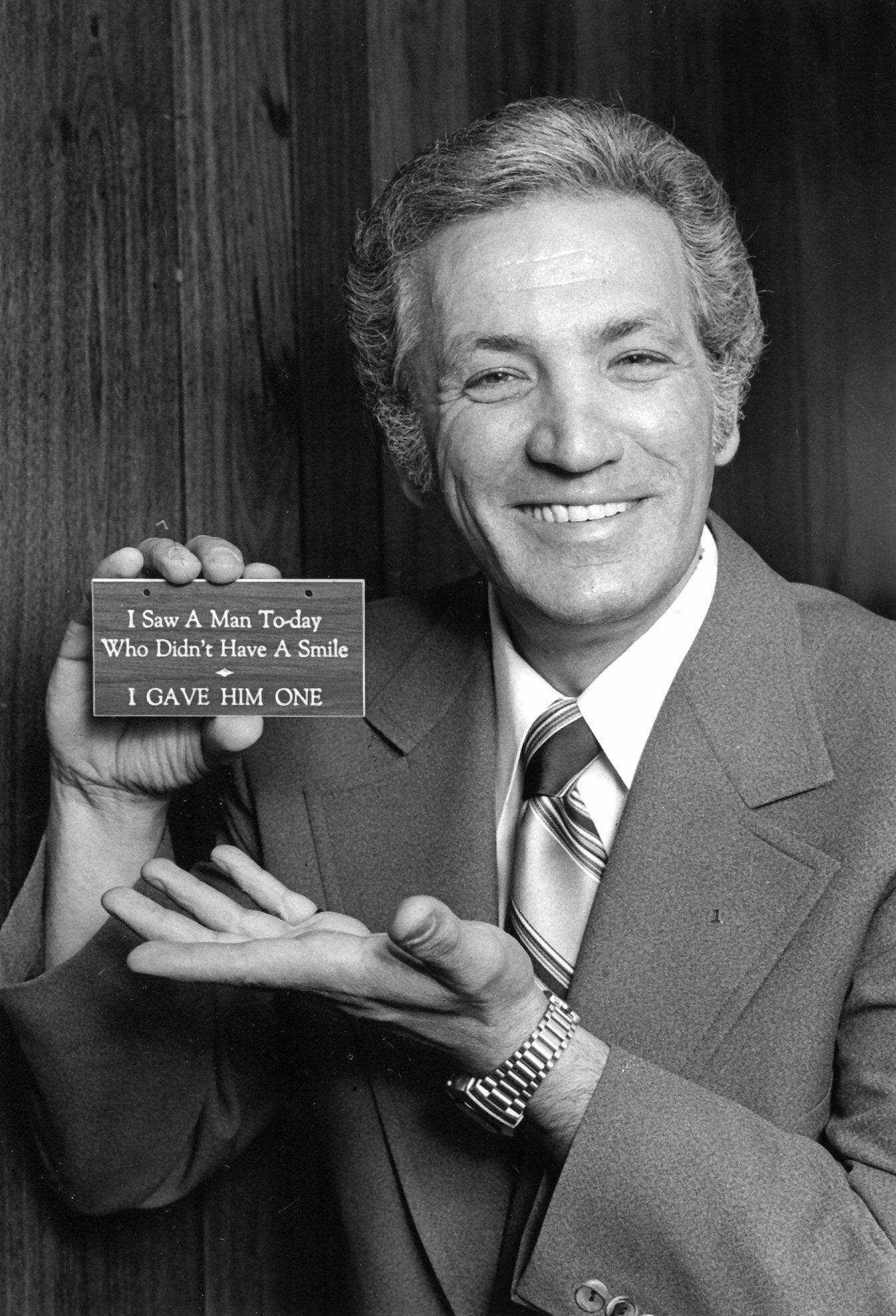
Next Steps
It doesn’t matter what stage you’re at – it’s important to be the best you can be. At the end of the day it’s about taking personal responsibility – You Drive!
It’s really your choice. You can find out more information about the subject, or see other institutions that can help by going to Support. There you will find organisations, training, coaching, self-help courses and other items to support your personal change. We have also started developing a panel of experts to provide info, advice, help and support.
Get Support
There are times when you need some help to meet your aims – a helping hand. That might be an organisation that can provide you with some help, some specialised information, a particular book or tool to help, or just getting some background reading material.
We have a lot of items which appear on our Drives and other pages, which you can go to by clicking on the picture or link. Some contain affiliate links and we may receive a tiny commission for purchases made through these links.
If you know of anything which could help you or our other visitors then please click the button on the right, which will take you to a Contacts page where you contact us.
Experts
We are compiling a list of experts who can provide advice, help or specialised services. You will be able to access these experts from anywhere on our site you see our ‘Experts’ symbol. Click the green E to see what our Experts list will look like, with a couple of imaginary ‘experts’ added!
More Information
Scroll down to see more information on this Drive.
If you register you can also download reports, white papers, quizzes and other collaterals. We will never ask you for any financial information, and we’ll only send you the information you want. You can register for our site either above or in the footer below. You can provide your own questions and experiences in order to help other members. We only moderate for spam and inflammatory language – see our moderation policy.
If you’ve found this interesting, then please share it on social media. Choose your network!
More information
The Philadelphia Trumpet has an interesting article on success, and what constitutes real success – well worth a read
LifeHack have an article on redefining the meaning of success here
Verywellmind have an article setting out 6 steps for success in life here
Brian Tracy is a world renowned public speaker and his website has a section covering success – personal success as well other types of success
By entering your email address, you can download Brian Tracy’s 14 step goal setting guide, which sets out how you can set goals and achieve success – you can download it here.
Herbert W Armstrong’s famous leaflet sets out seven laws of success – this is what’s referred to in the Trumpet article above – you can download it here.



